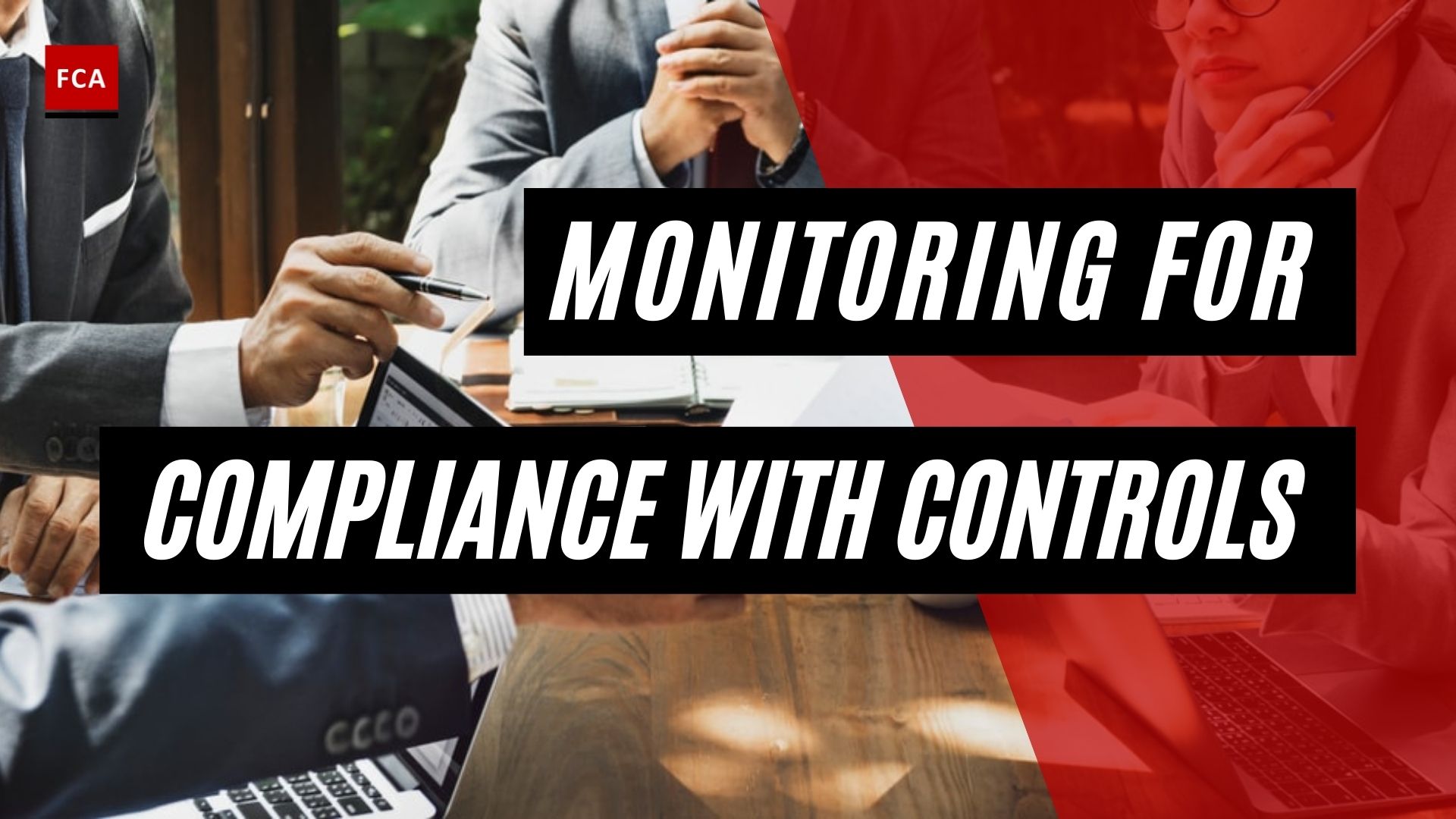The role of an ABC officer. To ensure the implementation of the compliance culture across the organization, cascaded down the line from the Board, the Chief Executive Officer (CEO) enables the compliance function and appoints the anti-corruption and bribery (ABC) officer. Some organizations hire a Compliance Officer, who also looks after and manages the ABC program of the organization. The ABC officer is provided with the appropriate resources to the Compliance Officer.

The Role Of An ABC Officer
To identify, monitor, and control the bribery and corruption risks, the organizations hire a subject matter expert being the Anti-bribery and Corruption (ABC) officer of the organization. ABC officer is responsible for ensuring effective implementation of a Board-approved compliance program, covering the principles of bribery and corruption. ABC officer works to achieve the objective of ensuring that all the employees abstain from bribery and corruption and are well aware of the applicable regulatory requirements.
The ABC officer must have a clearly defined and documented mandate, unrestricted access, and for functional purposes, a direct reporting line to the CEO of the organization. The ABC officer is responsible for assessing the adequacy of, adherence to, and effectiveness of organization’s controls and provide an opinion to the Board whether, based on the independent monitoring and reviews conducted, the compliance risk management controls are sufficiently robust to achieve compliance with the applicable regulatory requirements enterprise-wide.
In addition to ensuring compliance to areas as mentioned in organizations’ policies and procedures related to the management of corruption and bribery, the ABC officer should perform responsibilities including:
- ensuring compliance with applicable laws, rules, regulations, and instructions;
- develop end-to-end compliance programs and all allied policies, procedures, methods, tools, etc. in the light of these guidelines and ensure/monitor/oversee their entity-wide implementation;
- determine the resources required for compliance function, to carry out all its roles and responsibilities of desired quality;
- develop, coordinate, and participate in a multifaceted educational and training program that focuses on the elements of the compliance program, and seek to inculcate a conducive compliance culture in the organization.

To enable the strong anti-bribery and anti-corruption culture across the organization, the ABC officer shall instruct all the key executives and employees to be vigilant in performing their duties to ensure that they comply with the applicable regulatory requirements and standards.
The ABC officer shall be provided with the authority to conduct inquiries and obtain information necessary to perform duties related to the compliance of Anti Bribery and Anti Corruptions laws and regulations in all the jurisdictions where the organization is registered and doing business activities.
The CEO shall ensure that the ABC officer is independent of business activities to effectively carry out its compliance activities. A cooperative working relationship is established between the compliance function and other departments to facilitate the compliance team in identifying and investigating bribery and corruption risk incidents.
All key executives or departmental heads of the organization must ensure that the Board approved and anti-bribery and anti-corruption policy is implemented in their respective departments. All the employees working under their reporting are well aware of the policy requirements and possible consequences in case of non-compliance.
To ensure compliance with applicable Anti-Bribery and Anti-Corruption Policy, the compliance officer timely coordinates with the key executives and departmental heads in all jurisdictions where the organization operates and, where necessary, requires information for investigation purposes. All key executives are required to provide appropriate support to the ABC officer to ensure compliance with the law, regulatory and policy requirements.
The compliance team shall also perform independent compliance reviews under the supervision of the ABC officer. Compliance reviews shall be performed systematically to identify any patterns, themes, or trends in compliance controls that may indicate bribery or corruption issues or incidents.
ABC officers must ensure that a constructive and cooperative working relationship between the ABC officer and different departments, including the business lines, is implemented to facilitate the overall identification and management of bribery and corruption risks. In practice, this can involve the direct participation of the ABC officer in providing related input to business functions on a product, service, process, or activity through representation on relevant management committees.
Final Thoughts
ABC officers must have a sound understanding of relevant legal and regulatory requirements and the implications on the organization’s overall operations. The ABC officer reports ABC compliance review results to respective key executives, and department issues are placed before the CEO and the Board for review and necessary action. ABC officer establishes the culture of Anti-Bribery and Anti-Corruption communication to educate the employees and staff about the ABC policy requirements and provide periodic training as well.








